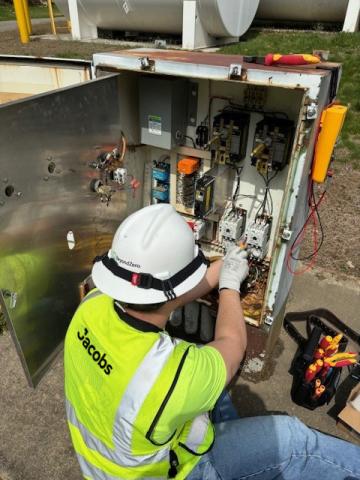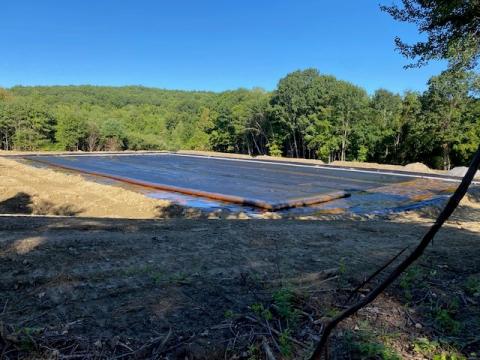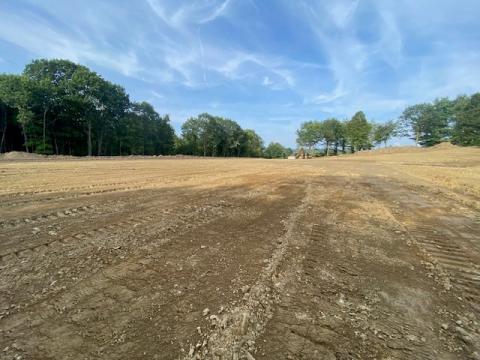It’s rare that Jacobs assumes operating responsibility for a brand new, state-of-the-art water or wastewater facility. Instead, our clients seek our help to address aging equipment, treatment process difficulties and regulatory challenges.
Such was the case with Waterbury, Connecticut’s, water treatment facility, which we began operating in July 2023. The plant supports more than 125,000 residents in three communities and has a design treatment capacity of 38 million gallons per day. The operations and maintenance team with the Waterbury Water Department compiled a task list as they initiated Jacobs’ standard management and quality protocols onsite.
“Everywhere we looked, there was something that could be improved,” says Waterbury Project Manager Steve Giordano. “We wanted to upgrade control systems, reinforce safety and keep the plant producing water for our customers. This plant supplies two hospitals and lots of other critical public and private facilities, so it’s imperative we deliver water reliably.”
Solid approach to residuals handling
Among the first pressing needs was a way to manage the solids produced in the treatment process. The plant’s two residuals lagoons were full to capacity and operators needed a way to store and handle more solids that kept coming.
We collaborated with Jacobs solids-handling experts to come up with an innovative method of drying and storing solids. Crews cleared a plot of land at the facility site and constructed drying beds with geotubes to contain solids. The geotubes enable solids to be dewatered and managed for long-term beneficial reuse.
“Jacobs invested in Waterbury’s supply resilience by creating added solids-handling capacity,” adds Jacobs Biosolids Specialist Drew Mearns. “The added drying space and storage will support up to five more years of solids backlog.”
Veteran know-how augments youthful enthusiasm
Staffing proved to be a continuous challenge, but Steve persisted, applying his knowledge and decades of experience to build and mentor a young operations team. The project consists of four operators with Connecticut Class 4 water operator certifications and three operator trainees. But experience and know-how are key to understanding the special needs of an older plant, and Steve spent considerable time and energy helping operators develop troubleshooting skills.
“We can run the ship when things are moving along smoothly. It’s when it doesn’t run perfectly that things get interesting. Staff are gaining confidence and know-how, and I’m on call less and less,” Steve explains.
All staff are cross trained to operate and monitor treatment processes and perform preventive and corrective maintenance.
Power and water
A history of power outages prompted us to examine electrical systems at the plant, and recondition some aging power supply networks. Those measures have reduced service interruptions to fewer than one per month.
We track raw and finished water volume using the plant’s control systems. In doing so, we assisted the city in discovering significant water loss that was traced to a leaking 8-inch water main. The compromised main was difficult to trace because it ran under a nearby stream that masked water flowing from the break. The wisdom, attention and diligence of our operators led to the discovery and repair of this long-term issue.
Looking ahead to greater control
We are working on upgrades to supervisory control and data acquisition systems — another value-added support service we’re performing under our service fee. System design and configuration is ongoing, and installation of server towers and network equipment is pending. We are shoring up data networks and wireless service in preparation for the updates to control systems.
“I came to Waterbury to look at everything and engage in a wholesale programmatic improvement,” says Steve. “I think we’ve made real progress in a relatively short time.”















































